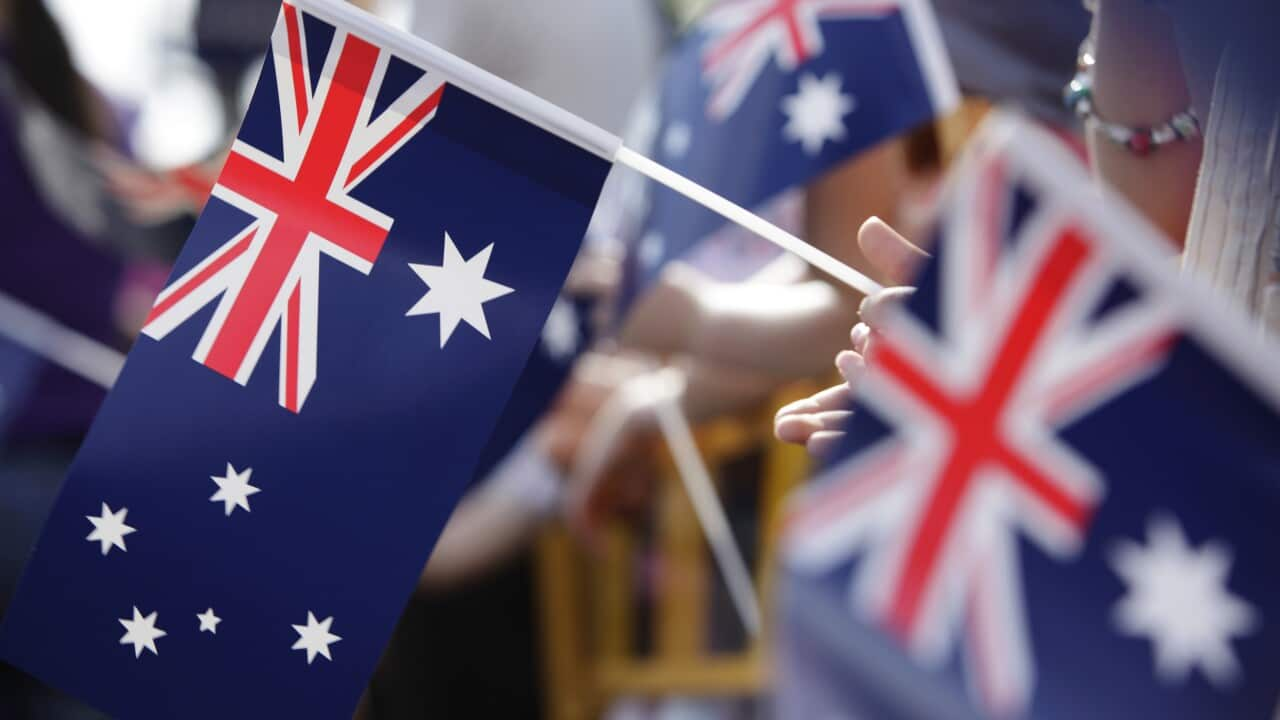As the Corona virus vaccines have just rolled out in India, SBS Hindi brings to you the expert point of view from Dr. Vivek Nangia, who has been heading the COVID department of the Max Hospital which is one of the largest private hospitals, in the Indian capital city of Delhi. In this exclusive interview, he shares his experience with the administration of the first shots, the process of vaccine distribution and the road ahead.
Key Highlights:-
- 100 vaccines were administered by Dr. Nangia’s ward on the first day.
- Vaccines are distributed to every hospital with a COVID ward.
- Small side effects like rashes and heaviness are no cause for alarm.
According to Dr. Nangia they had been looking forward to the vaccines for quite some time. "The medical fraternity is enthusiastic about the drive. The vaccination drive was launched in Delhi and other parts of the country on Saturday. Our hospital had received an initial batch of 100 vials of the vaccine, which were administered on Saturday (16th January 2021) itself. Each recipient was closely monitored for half an hour after receiving the dose. Fortunately, none of the recipients experienced any side effects", he said.  Some recipients in other states had complained of small side effects such as rashes, heaviness and drowsiness, however they have been quite healthy on the whole.
Some recipients in other states had complained of small side effects such as rashes, heaviness and drowsiness, however they have been quite healthy on the whole.

A health worker rubs the arm of her husband, who works in the same hospital, after administering COVID-19 vaccine at the Zonal Hospital in Dharmsala, India Source: AAP Image/AP Photo/Ashwini Bhatia
"In any kind of medical treatment, administration of medicines, even surgery, a scope for complications is always present. Small reactions like allergic rashes and heaviness are common side effects of vaccination in general and are not a cause for alarm. This is something that we as doctors already factor in before the administration of vaccines", Dr. Nangia added.
Elaborating on the two types of vaccines being administered in India, Dr. Nangia explains, "Currently, we are administering two varieties of vaccines: Covishield and Covaxin. Covishield has been invented by the team from Oxford University. This is also known as ChAdox vaccine, as it uses the adenovirus found in chimpanzees mixed with a small genetic portion of coronavirus as a vector. AstraZeneca, Oxford University and the Serum Institute collaborated to develop the Covishield vaccine.
The other vaccine type, Covaxin, is a heat inactivated vaccine, that kills the harmful effects of the virus and uses its protein to develop immunity against the virus in the body. This vaccine has been developed by Bharat Institute in collaboration with Indian the Council of Medical Research.
Dr Nangia is of the opinion that that both these vaccines can tackle all the currently known mutations of the virus. "For the rest, we’ll wait and watch," he adds.
The government has set out a priority order for the vaccinations. Dr Nangia advises, that, "Frontline workers like medical staff, the police force members, security guards, the armed forces and other workforce directly involved in dealing with the management of the pandemic are at the top of the list of vaccine reception. The government has not differentiated between private and government hospitals in providing the vaccine. If a hospital is caring for COVID patients, they’ve been supplied with the vaccine."

A health worker receives a COVID-19 vaccine at a government Hospital in Hyderabad, India, Monday, Jan. 18, 2021 Source: AAP Image/AP Photo/Mahesh Kumar A
The vaccination drive for the frontline workers has been entirely sponsored by the state. As of now, no one has to pay anything for the vaccines. There is no intimation as to whether the general public will have to pay for it or otherwise.
"For this initial roll out, we here at Max Hospital, receive a pre-vetted list of 100 recipients from the government a day prior to administration. The doses are given out in strict adherence to this list," according to Dr. Nangia.
People in Australia must stay at least 1.5 metres away from others. Check your jurisdiction's restrictions on gathering limits.
If you are experiencing cold or flu symptoms, stay home and arrange a test by calling your doctor or contact the Coronavirus Health Information Hotline on 1800 020 080.
Please check the relevant guidelines for your state or territory: , , , , , ,




